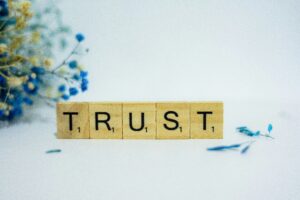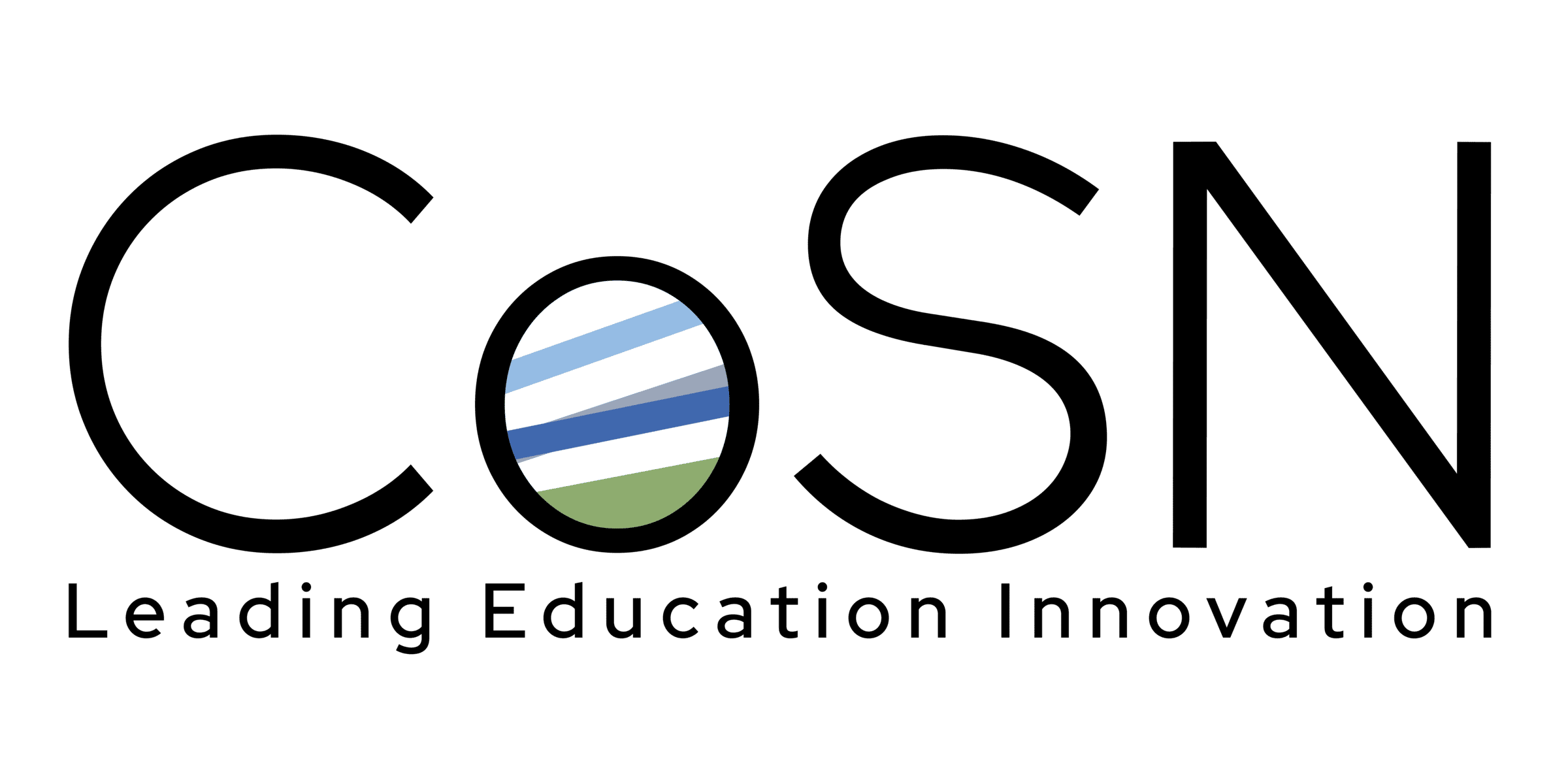Trust is the foundation of any strong education system. Without it, students may question the value of their learning, families may doubt whether schools are preparing their children for the future, and policymakers may seek quick fixes rather than long-term investments.
Yet, around the world, this trust in education is being tested. Shifts in accountability measures, economic pressures, and changing societal expectations are challenging how education is perceived and valued.
As Driving K-12 Innovation Advisory Board member Kelly May-Vollmar, Superintendent at Desert Sands Unified School District, recently noted, trust in education systems is not optional — it is vital. It determines whether societies view intentional learning as worth the time, effort, and resources it demands, and whether educators are empowered to fulfill their mission.

With this in mind, May-Vollmar recently shared her reflections in our online forum, offering timely insights into why rebuilding and sustaining trust must remain a central priority for educators, leaders, and policymakers alike. Below are May-Vollmar’s insights.
Trust is a vital element of any organization’s ability to effectively do the work they intend to do. The challenge is that trust in education has historically been given freely and now we find ourselves in a world where we must intentionally build that trust.
The good news is that there has been considerable research on trust and what builds trust. Trust is built if people think we are committed to the work in question, if we care, if our behavior is consistent, and if people believe we are competent to do the work (https://www.6seconds.org/2015/01/19/earning-trust/).
We have intentionally focused on building trust within our organization and with the community at large for the past four years, and we have seen great gains and greater organizational effectiveness. This has required spending a lot of time meeting with groups of stakeholders listening and sharing.
- We have spent time going to every school site and department meeting with all staff.
- I have visited every PTO and Booster meeting across the district to meet with parents that are the most engaged and tend to be the storytellers.
- We have also increased our parent involvement in parent meetings ten fold. Where we used to have 8 to 10 parents we now have 70 or 80 at each meeting.
- We also instituted an advisory group of 100+ students across the district that meets 3-4 times a year to share their voice and perspective.
These are just a few examples, but I think show the intentionality I believe is necessary to build trust.
We can’t expect people to trust us just because. We have to show our commitment to the work, consistently show how much we care, be consistent and show the great work that we are doing so our competence is evident. It is a lot more work, but the rewards include a very engaged and contributing community, which is something that we have always wanted but struggled to have strong engagement: Focusing on building trust and directly increasing community, staff, parent, and student engagement.
Kelly May-Vollmar, Ed.D. is the proud Superintendent for Desert Sands Unified School District (DSUSD), serving approximately 27,000 students. Throughout her over 20 years in education Dr. May-Vollmar has served in numerous capacities. Dr. May-Vollmar has served on the CoSN Digital Equity Educator Advisory Panel and is the co-chair of the Chief Technology Officer Council and the AASA/CoSN Empowered Superintendent’s Advisory Committee. She is currently a CoSN Board Member. In 2024 Dr. May-Vollmar was honored to receive the DALI Women of Distinction Award. Kelly was also awarded the ACSA State Technology Administrator of the year in 2019. She is passionate about bridging the divide that often exists between curriculum and technology departments as well as bridging the digital divide for all students. To this end she is thrilled to have led her district to launch their own LTE Network and be awarded the CoSN Digital Equity Award in 2021.
AUTHOR: Kelly May-Vollmar, Driving K-12 Advisory Member,
Desert Sands Unified School District (CA)
Published on: Oct. 1st, 2025

CoSN is vendor neutral and does not endorse products or services. Any mention of a specific solution is for contextual purposes.


